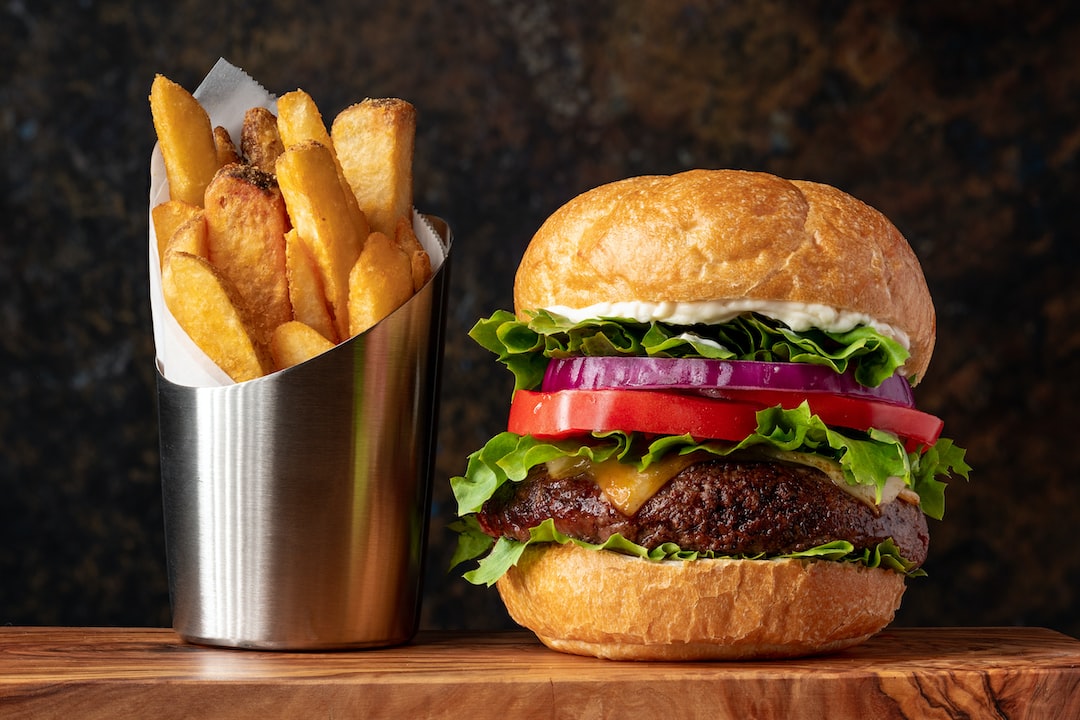Uncovering the Secrets of Classic French Cuisine
French cuisine has long been revered as one of the finest in the world. From the delicate flavors to the meticulous techniques, each dish showcases the mastery and elegance that has become synonymous with the French cooking tradition. Exploring the secrets of classic French cuisine unveils a rich history and the meticulous attention to detail that has made it so iconic.
One of the essential elements of French cuisine is the emphasis on quality ingredients. French chefs take pride in sourcing the freshest produce, the finest cuts of meat, and the highest quality seafood. Each ingredient is carefully selected to ensure maximum flavor and to elevate the overall taste of the dish. The use of seasonal ingredients further enhances the depth and complexity of French cuisine, resulting in dishes that capture the essence of each season.
Another key aspect of French cuisine is the fundamental techniques used in its preparation. French chefs have perfected techniques such as braising, poaching, sautéing, and roasting, among many others. These techniques require precision and attention to detail to achieve the desired outcome. A classic example of this is the famous French dish, Coq au Vin, where chicken is slowly braised in red wine and aromatics to create a succulent and flavorful dish.
One of the secrets to the success of French cuisine lies in the art of sauce-making. French sauces are the epitome of perfection, bringing depth and richness to any dish. The five mother sauces – Béchamel, Velouté, Espagnole, Hollandaise, and Tomato – form the foundation of numerous classic dishes. Each sauce requires precise techniques and a delicate balance of flavors. For example, the classic Béchamel sauce is made by combining a roux (a mixture of flour and butter) with milk and then gently simmering until thickened. This sauce serves as the base for dishes such as gratins, soufflés, and lasagnas.
Presentation is also a crucial aspect of French cuisine, as it adds to the overall dining experience. The French have mastered the art of plating, placing emphasis on aesthetics and creating visually appealing dishes. From intricate garnishes to meticulously arranged components, each dish is a work of art. This attention to detail extends to the selection of tableware and the thoughtful pairing of dishes with appropriate wines, enhancing the overall dining experience.
Another secret of French cuisine is the focus on regional specialties. France is a country with distinct culinary regions that boast their own unique flavors and techniques. From the hearty cassoulet of southwestern France to the delicate seafood dishes of Brittany, each region has its own gastronomic identity. French cuisine celebrates local ingredients and culinary traditions, keeping the flavors rooted in the culture and history of each region.
One cannot delve into the secrets of French cuisine without mentioning the importance of tradition and apprenticeship. French chefs undergo rigorous training and often spend years learning from experienced mentors. This apprenticeship style of learning ensures that the time-honored techniques and recipes are passed down through generations. It is through this tradition that French cuisine has remained consistent, preserving its classic dishes and techniques.
In conclusion, uncovering the secrets of classic French cuisine unveils a culinary world that is rooted in quality ingredients, precise techniques, and artistry. From the mastery of sauces to the emphasis on regional specialties, French cuisine epitomizes refinement and elegance. Exploring the depths of French culinary traditions reveals a rich history that continues to influence and inspire chefs worldwide. By embracing the secrets of French cuisine, one can gain a deeper appreciation for the artistry and sophistication that have made it a global treasure.

